-
Weizmann-Brazil Tumor Bank

Director: Prof. Ravid Straussman
The Weizmann-Brazil Tumor Bank, part of the Moross Integrated Cancer Center (MICC), supports the preservation and an in-depth investigation of tumors in various stages of progression, both in vitro and in vivo. The facility helps Weizmann Institute researchers identify genes associated with tumor growth, thereby promoting the development of new strategies for cancer treatment.
-
Swiss Society Institute for Cancer Prevention Research
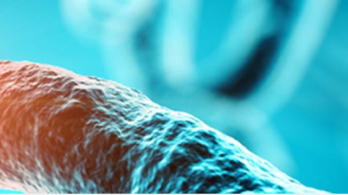
Director: Prof. Sima Lev
The Swiss Society Institute for Cancer Prevention Research sponsors initiatives for a non-conventional approach to fighting cancer, by focusing on finding innovative and groundbreaking research methods and tools and by building an interactive community of scientists.
-
The David and Fela Shapell Family Center for Genetic Disorders Research
Director: Prof. Ayelet Erez
The David and Fela Shapell Family Center for Genetic Disorders Research supports research on Down's syndrome and other genetic disorders. The center utilizes transgenic technologies toward elucidating the molecular mechanisms by which genetic mutations affect cell characteristics.
-
Vera and John Schwartz Family Center for Metabolic Biology
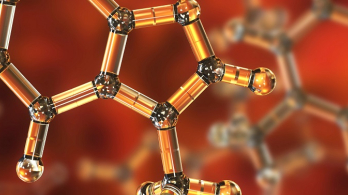
Director: Prof. Tamar Geiger
The Vera and John Schwartz Family Center for Metabolic Biology supports the research of the Metabolic Profiling Unit (MPU), which works to identify and monitor metabolites. Its goal is to advance diagnostic, treatment, and new strategies for disease prevention.
-
Sagol Institute for Longevity Research

Director: Prof. Uri Alon
The Sagol Institute for Longevity Research promotes the interdisciplinary investigation of phenomena associated with human aging and longevity. Institute activities include studies related to neurobiology, metabolism, nutrition, and cardiovascular diseases.
-
Sagol Center for Research on the Aging Brain
Director: Prof. Elior Peles
The Sagol Center for Research on the Aging Brain focuses in the mechanisms of aging in health and disease by studying molecular, structural, and functional aspects of the aging brain and combining them with behavioral analyses. The center aims to guide the development of novel therapeutic approaches. This center is part of the Azrieli Institute for Brain and Neural Sciences.
-
The Hedda, Alberto, and David Milman Baron Center for Research on the Development of Neural Networks
Director: Prof. Gil Levkowitz
The Hedda, Alberto, and David Milman Baron Center for Research on the Development of Neural Networks supports technologically advanced efforts to reveal how the diversity of specific types of neurons emerge during development, how neurons migrate to their correct locations, and how neurons’ extensions are guided over long distances to find their targets, with implications for a variety of neurodevelopmental diseases and disorders. This center is part of the Azrieli Institute for Brain and Neural Sciences.
-
The Helen and Martin Kimmel Institute for Stem Cell Research

Director: Prof. Eldad Tzahor
The Helen and Martin Kimmel Institute for Stem Cell Research promotes research in the rapidly developing field of stem cell biology.
-
AI Hub for science
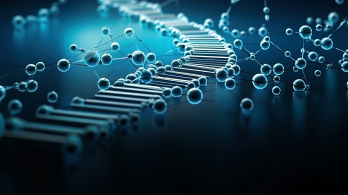
Director: Prof. Amos Tanay
The AI Hub for science is a multi-level community dedicated to solving scientific problems with the help of artificial intelligence (AI). At the Hub, Weizmann investigators and students collaborate with talent recruited from academia and industry, using cutting-edge AI approaches and developing new ones. In addition to generating answers for significant scientific questions, this project-based activity helps Weizmann researchers hone their AI expertise and contributes to the toolbox of AI skills available to scientists all over campus.
-
EKARD Institute for Cancer Diagnosis Research
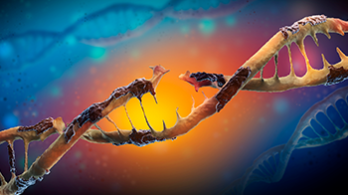
Director: Prof. Valery Krizhanovsky
The EKARD Institute for Cancer Diagnosis Research, part of The Moross Integrated Cancer Center (MICC), provides a supportive framework for leading researchers working on novel ways to achieve early detection of cancer, which may help clinicians provide more accurate diagnoses and identify specific molecular signatures. Early detection and diagnosis of cancer can greatly improve the medical community's ability to control the outcome of therapy, offer the most effective treatment, and avoid useless and often harsh methods of combating the disease.
-
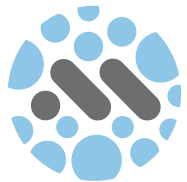
Moross Integrated Cancer Center (MICC)
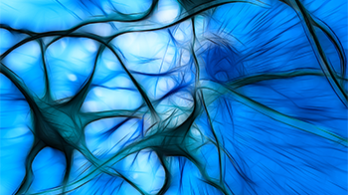
Director: Prof. Yardena Samuels
The Moross Integrated Cancer Center (MICC) works to unravel the complexity of cancer by harnessing the power of basic research to facilitate translation into the clinical arena in the quest for cancer prevention, early diagnosis and, ultimately, a cure. The overarching goal of the MICC is to move toward personalized cancer medicine, facilitating translational research by enabling the flow of insights from the lab and feedback from patient treatment and samples. The MICC includes six components: the Swiss Society Institute for Cancer Prevention Research, the Ekard Institute for Cancer Diagnosis Research, the Dwek Institute for Cancer Therapy Research, The de Picciotto-Lesser Cancer Cell Observatory in Memory of Wolfgang and Ruth Lesser, the Weizmann-Brazil Tumor Bank, and the Kleinman Cancer Cell Sorting Facility.
